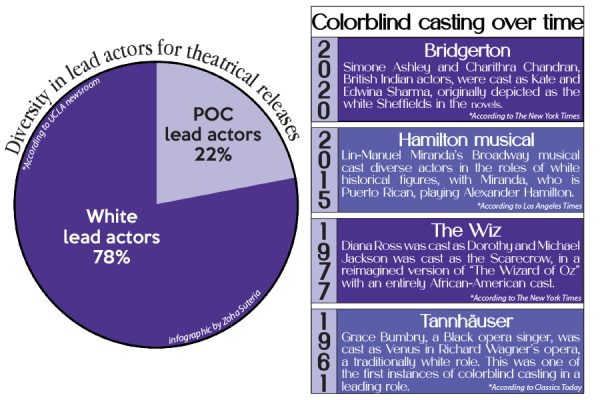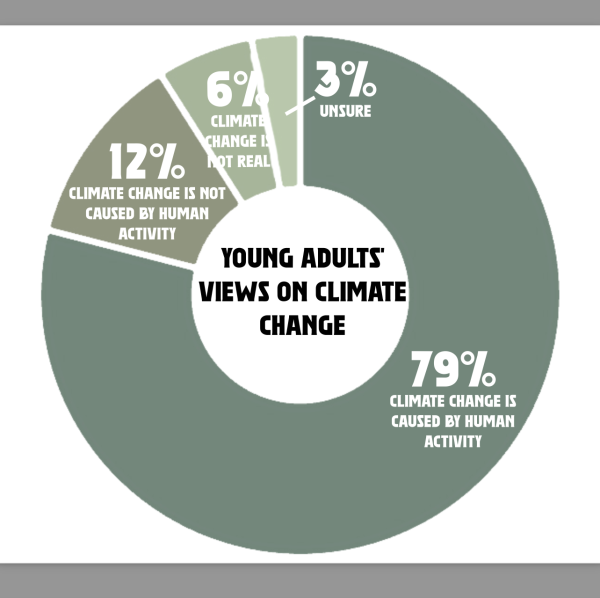Anonymous Op-Ed calls attention to political polarization

illustration by Patsy Carolan
September 28, 2018
On Sept. 5, 2018, The New York Times published an anonymous Op-Ed penned by a senior official of the Trump administration and, consequently, started a national uproar spanning from the White House and The President himself, to ‘whodunnit’ subreddits in the deep corners of the internet. Regardless of the forum where it’s discussed, however, the conversation always seems to center around the author’s identity or the ethicality of posting such a controversial piece anonymously.
Both are very important components of the article and raise even further questions about politics and the press. However, what most of America seems to ignore is the line that conveys the most important message of the piece, regardless of what side of the political spectrum you fall under:
“The bigger concern is not what Mr. Trump has done to the presidency, but rather what we as a nation have allowed him to do to us”.
In recent years, political discourse has evolved from a discussion to a screaming match. It’s no longer about sharing opinions, learning more, and applying that knowledge to your own beliefs. Instead, America has resorted to insults instead of inquiry, and political polarization has reached a record high. According to Pew Research Center, 27% of Democrats view Republicans as a threat to the nation’s well-being, while 36% of Republicans feel the same way about Democrats.
What has caused political affiliation in the United States to turn from a conversation about differing opinions into a dealbreaker that has led to actions as drastic as divorce? In the words of the Op-Ed author, all signs point to Trump himself. Trump’s radical views, especially his social ones, have caused everyone to view the other side as the enemy, especially now that Conservatives have been lumped into a group that leaves a sour taste in some people’s mouths: Trump Supporters.
The President himself isn’t helping matters either; using words like ‘dummy’ to refer to those who disagree with him sets the stage for insulting, rather than compelling, political discussions. It seems as if today, if someone disagrees with another’s political opinion, it’s instinctual to resort to the same insults and degrading terminology that Trump uses rather than ask questions or simply just talk about it.
The Op-Ed has sparked the same type of discourse, causing a witch hunt and stirring up controversy that has led to more arguments, more screaming matches, and even more immature tweets from the President. And while the subjects of these ‘discussions’ are important — for example, why The New York Times didn’t delve deeper into the subject, or if the author is even telling the truth — it’s important we don’t overlook the most crucial message.
Whether you are a Republican, Democrat, or anything in between, we are all American, and we are much better united than apart. Learn about a view that’s different than yours, and listen before you call them ‘dummy’. No matter how much you may disagree with someone’s views, hear them out. You just might change your mind.














